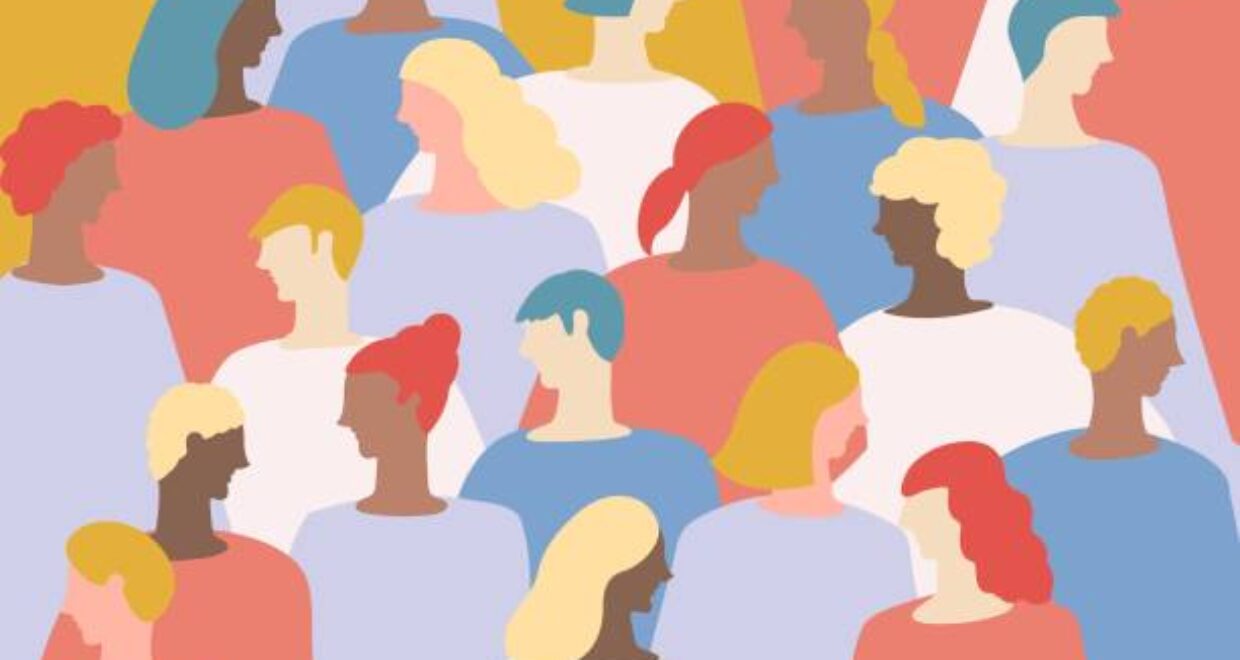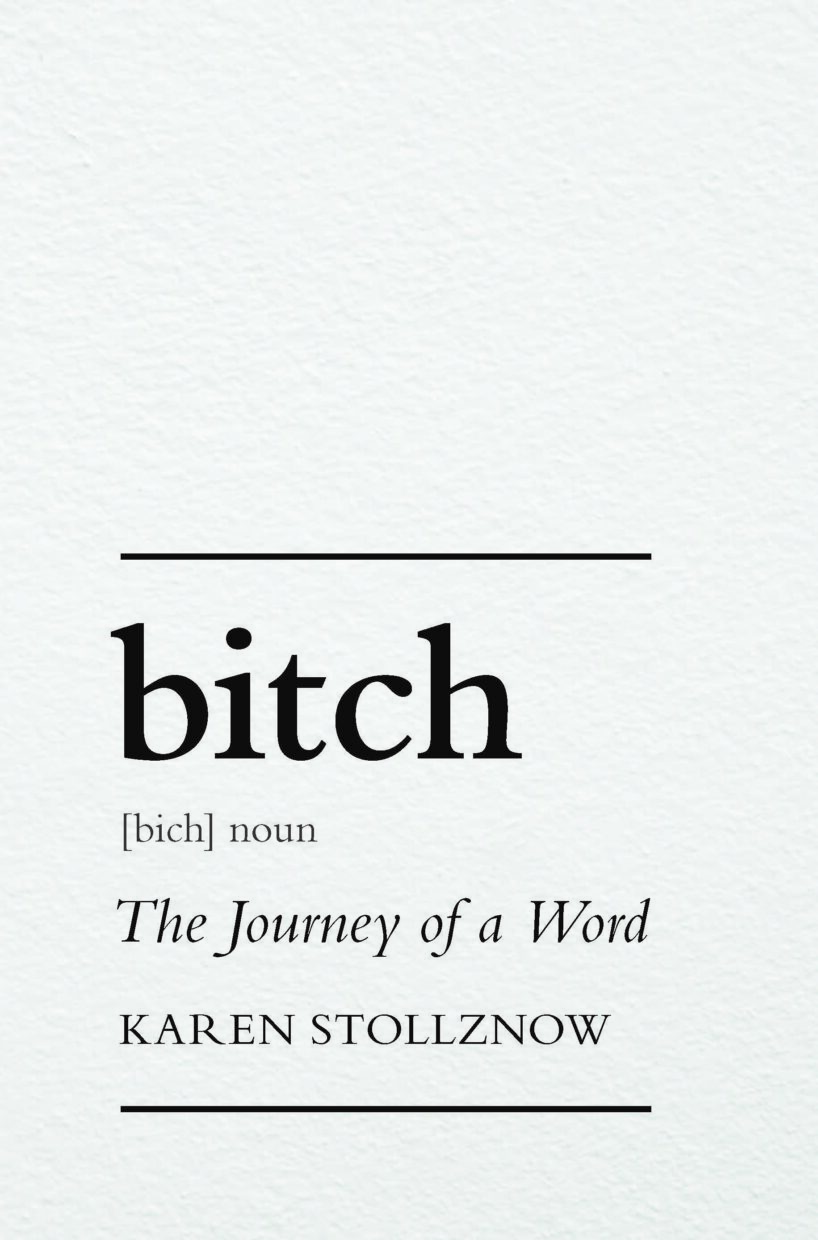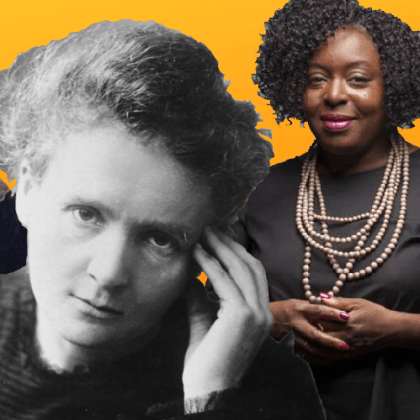Sluts, Bitches, and Battle-axes: women and insults
The English language contains a wealth of insults and terms of abuse. Personal insults attack the core and immutable aspects of a person, such as their race, ethnicity, appearance, age, or a disability. One of the most common categories for personal insults is gender. There is, however, a disproportionate number of derogatory words for women. Various studies over the years have found that there are thousands of insults that are used against women.
These gender-based insults for women fall into different themes. Common categories include sexuality (slut, whore), age (hag, crone, battle-axe), animals (cow, dog), and women’s body parts (twat, c–t). To add further offense, many of these insults are paired, so that women are abused for both their gender and appearance in terms like fat cow, their gender and intelligence in dumb blonde, and for their gender and age in old biddy. Even the very labels that denote “women” are wielded as insults, including girl, female, and woman. In language and society, women are stigmatized, and so are the things that are associated with them.
Like the modern derogatory use of female and woman, over the centuries, many words that referred to women and were once innocuous have since pejorated, that is, become offensive. Mistress was borrowed from French in the fourteenth century, when it meant a woman who was in charge of a household. Mistress was originally a respectable title, the female equivalent of master. But over time it came to mean the kept woman of a married man. In the thirteenth century, wenche simply meant a girl or young woman. Wench evolved to mean “servant girl” and was later used in the sense of a woman of loose morals. Similarly, hussy came from the innocent word husewif meaning “housewife” or mistress of a household. By the 1600s it developed a derogatory sense, referring to a girl or woman who behaved in an inappropriate way, while today it means a woman who has many casual sexual relationships. (Or is accused of doing so anyway.) Tart was once just a shortening of sweetheart, but now means a prostitute or a sexually provocative woman. We see this pejoration of women’s words in other languages too. For example, garce is a word your French teacher won’t teach you. It’s slang for “bitch” and is an insult applied to women but, as in English, it can be used to insult a man’s masculinity. Hundreds of years ago, garce simply meant “girl”.
When we study the rich lexicon of insults in English, it quickly becomes apparent that there are comparatively fewer insults for men. Often, these insults just aren’t as offensive as those that target women. Some insults for women have no direct equivalent for men, such as bitch. Even when there are near-equivalent labels for both genders, often the ones for women have negative connotations, while those for men don’t. For instance, spinster has unflattering connotations of a woman who is undesirable and past her prime, while bachelor doesn’t have any negative implications for men. Moreover, there are double-standards in language in which women are punished for behavior that is acceptable, and even encouraged, in men. While women are derided as sluts or whores, even if they’re not promiscuous, men who have lots of sex are lauded as lotharios, playboys, Don Juans, and Casanovas. Some women are disparaged as being difficult, domineering, bossy, or bitches, while men who behave in this way are instead perceived favorably as strong, ambitious, and powerful. Often, if someone wants to deeply insult a man, they do so by way of insulting women, in such epithets as c–t, motherf—-, son of a bitch, or bitch.
Of course, this is just a small sample of the numerous insults that are used against women in the English language. This begs the question: Why are there so many insults for women? For this, we can blame the long-standing history of oppression, inequality, and discrimination against girls and women. Misogyny and sexism have been pervasive throughout history, and they continue to be prevalent problems today. Women are the stigmatized sex. These factors are reflected in the language we use, which has lent itself to the greater creation of insults against women. This language also reflects the ongoing negative behavior and attitudes toward women in society.
Dr. Karen Stollznow is the author of On the Offensive: Prejudice in Language Past and Present and her latest book is Bitch: The Journey of a Word.








Excellent post. Many of the names I’ve been called seem to refer back to my mother when I’m the one who truly earned the insult.
Interesting read, thanks! I am curious in the comparison of common insults throughout history used toward women, compared to those used toward men (without the insult simultaneously demeaning a female), and those insults that can be used for anyone (i.e. asshole).
On another note, the word b*tch is unique. If calling a man a “b8tch” then it is implied he is being weak and cowardly. If calling a woman a “b*tch” it implies she is being callous and mean. If call a a dog a “b*tch” it implies she is an adult female dog. Funny how that works out.